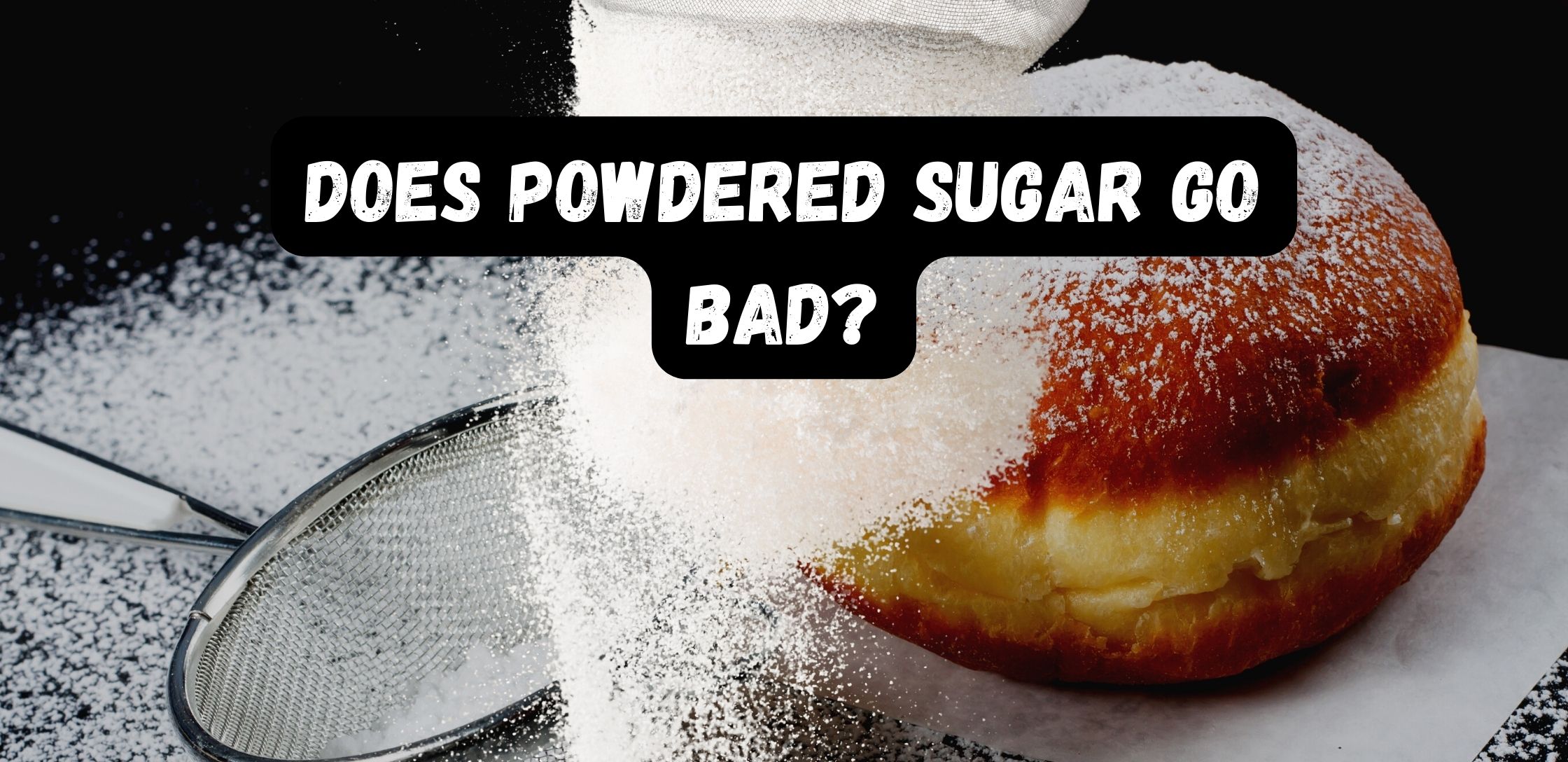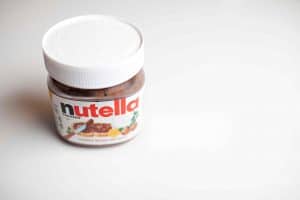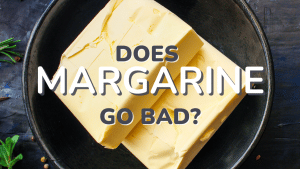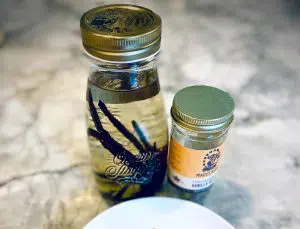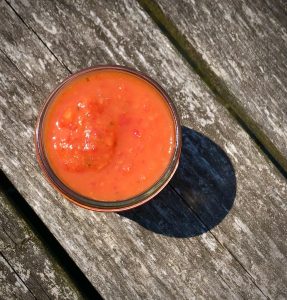Does Powdered Sugar Go Bad?
Important Note: When you buy through our links, we may earn a commission. As an Amazon Associate we earn from qualifying purchases. Content, pricing, offers and availability are subject to change at any time - more info.
Sugar is a simple carbohydrate that our bodies use as energy in the form of calories. Sugar is the most popular sweetening agent used for everything from cookies and soda to cakes and candy. There are a number of different kinds of sugar like brown sugar, cane sugar, caster sugar, and pearl sugar among a whole lot more. The most popular is granulated sugar from which powdered sugar comes. Powdered sugar, also called confectioner’s sugar or icing sugar, is essentially finely ground granulated sugar. It is often used in baked goods as a sweetener or as a dusting on top for taste and aesthetics. While making powdered sugar, cornstarch is often added to prevent the sugar from clumping up or “caking”. This keeps the sugar fine for a long time.
Powdered sugar has a shelf life that can possibly last forever depending on storage conditions. If you are not someone who uses sugar frequently, but always have some lying around the house you’re often left wondering if it is still good to use. I am here to tell you, that in all likelihood, your powdered sugar is still good to use.
Does Powdered Sugar Go Bad?
By itself, powdered sugar does not go bad, but it can get contaminated due to external factors. Improper storage can cause some external pollutants to get into the sugar and spoil it. Ants, bugs, moisture, or any other organic or inorganic contaminant can cause powdered sugar to go bad.
How Long Does Powdered Sugar Last?
- Powdered sugar can pretty much last forever. So, even if you have a bag of sugar in your pantry that is a couple of years old, it will most likely be good.
- Whether opened or unopened, powdered sugar is going to last you a very long time. But most commercially manufactured powdered sugar will come labeled with a best-by, sell-by, or expiry date. The best-by date refers to the date when the product is expected to reach peak quality or when it is going to taste the best. After the best-by date, the powdered sugar will still be consumable, but you might find a decline in quality.
- For powdered sugar, the best-by date is usually between 1 to 4 years. The sugar itself is not going to spoil after that, but storage methods will affect its shelf life.
- Whether the powdered sugar has cornstarch added to it or not is immaterial, because this does not change the shelf life of the sugar. Cornstarch only makes the sugar nice and fine and keeps it from caking, it does not alter its shelf life. Besides cornstarch itself has a pretty remarkable shelf life.
| Type of sugar | Shelf Life | Best-By Date |
| Powdered sugar, opened or unopened | Indefinite | 1-4 years |
The above table is just an estimate. The storage conditions play the biggest factor in determining just how long powdered sugar lasts. While it can technically last forever, if exposed to moisture or contaminant, it can spoil almost immediately. So, extra care and caution are required when storing powdered sugar.
How Best To Store Powdered Sugar?
- Powdered sugar needs to be stored at room temperature and therefore should be stored in the pantry or kitchen cabinet.
- Do not store powdered sugar in the fridge, it does not require cold conditions to thrive.
- While it should not be kept in the cold, you also cannot store it in direct heat and sunlight. Keep the powdered sugar in a cool, dark place.
- Powdered sugar is best stored in airtight containers.
- If unopened, you can leave the sugar in the bag it came in, but often these are paper bags that can tear. You can always place the bag in a Ziplock bag or another airtight container.
- Powdered sugar should not be exposed to moisture or air for too long.
- Too much moisture will make the sugar clumpy, and moisture increases the chances of spoilage.
- Similarly, the moisture in the air increases the risk of spoilage, which is why if you’re storing powdered sugar in a bag, it is recommended that you first remove as much air from the bag as possible.
- Make sure that whatever container you are storing your sugar in is dry and clean.
- Whether opened or unopened, you can double bag your powdered sugar to further reduce the risk of spoilage and contamination.
- Do not keep your sugar open, it has to always be kept closed. Keeping it open not only increases the risk of moisture, but also allows ants, pests, and other insects to get into your sugar, which will then become unusable.
Can Powdered Sugar Be Frozen?
- While there is absolutely no need to freeze powdered sugar, due to its very long shelf life, many people like to store it in the freezer. If you don’t use a lot of sugar, but also don’t want to see it go to waste, storing your sugar in the freezer might be an option. But do remember that this is the last resort because your powdered sugar will last long in the pantry if stored well.
- If you are planning to store your powdered sugar in the freezer, first transfer the sugar into a dry, airtight container. Then keep your sugar in the back of the freezer where it won’t be exposed to constant temperature fluctuation as you see near the freezer door.
- A good idea is the transfer your sugar into an airtight bag or pouch like a Ziplock and then keep it in another airtight container before storing it in the freezer. The main reason to do this is to keep the powdered sugar from taking on the smells of everything else in the freezer. Sugar is highly absorbent, and it easily takes on the smells around it. So, an extra layer of storage is an extra layer of protection.
- Another reason is that there is an extra barrier against both moisture and other external pollutants.
- You can also store your powdered sugar in smaller bags in the freezer so that you can take it out and use only what you need.
- To thaw the sugar just let it sit in the refrigerator overnight. You can also set it out for a couple of hours. If you microwave or heat your powdered sugar, it might melt.
- While powdered sugar needs no reason to be frozen or even refrigerated, storing the sugar in the freezer is a good option.
How To Tell If Your Powdered Sugar Has Spoiled?
- While general clumps are normal and do not mean your powdered sugar has spoiled, consistent, wet clumps mean the sugar has gone bad.
- Mold or any other growth on the sugar is a sign of spoilage. Do not just scoop out the “infected bit” and continue using the rest. The whole bag of sugar should be thrown out.
- If your sugar smells or tastes funny, then it has gone bad. Powdered sugar has the same taste and sweetness as regular sugar, but if it smells off or old and it tastes weird, then the sugar has turned, and it is best to toss it.
- If you see bugs, ants, or any other kind of insects in it, toss the sugar out.
Sugar is probably one of the most common ingredients found in kitchens around the world. It is easily available, has plenty of options, and is not expensive, besides tasting like a treat. With a few tweaks, your already shelf-stable sugar can last a lifetime.
